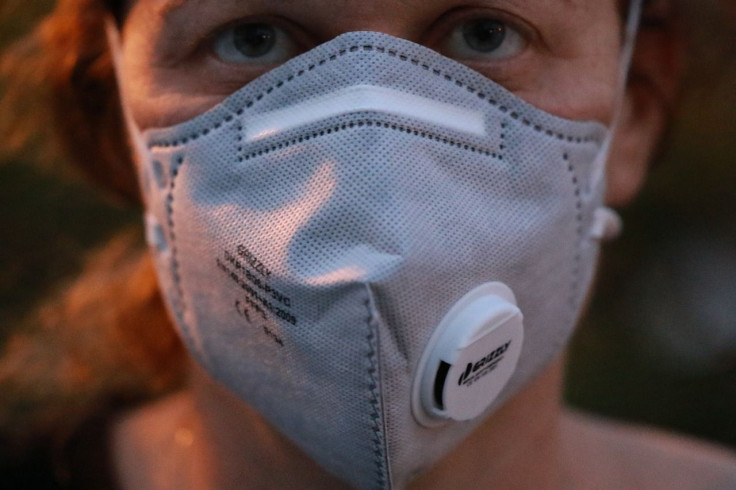Coronavirus Update: Nobel Laureate Predicts A Quicker Recovery
Just like other researchers worldwide, Michael Levitt, a Nobel laureate and Standford biophysics, has been analyzing the number of the coronavirus cases in January and had rightly predicted that China would get through the worst of its COVID-19 outbreak. Now, he has made a similar prediction for the U.S. and other parts of the world.
Several epidemiologists warn of moths or even years of massive social disruptions and millions of death. But, Levitt opined that the data simply doesn’t support such a dire scenario, particularly where reasonable social distancing has been practiced.
"What we need is to control the panic. In the grand scheme, we're going to be fine," Yahoo News quoted Levitt.
Levitt, who won the 2013 Nobel Prize in Chemistry for developing complex models of chemical systems, has analyzed data from 78 different nations every day and sees ‘signs of recovery’ in many of them. He has been focusing on the number of new cases identified every day rather than the total number of cases in a country.
Here’s what he stated:
- South Korea's daily tally has dropped in recent weeks and has gone below 200. This means that the outbreak might be winding down.
- The newly confirmed cases in Iran have remained relatively flat going from 1,053 last Monday to 1,028 on Sunday. The pattern suggested that the outbreak is still past the halfway mark.
- In Italy, the number of newly confirmed cases keeps increasing and looks like it is still on the upswing.
- China is now fighting to stop new waves of the infection.
- Other countries are bound to face the same problem.
Levitt had rightly predicted that the total number of confirmed COVID-19 cases in China would stop around 80,000 with nearly 3,250 deaths. His forecast turned out to be remarkably accurate. The number of newly diagnosed COVID-19 patients has dropped to roughly 25 a day with no cases of community spread reported.
Although he acknowledged that his figures are messy, he forecasted that, even with incomplete data, a consistent decline in the number of cases can indicate that there’s some factor at work that is not just noise in the numbers, mentioned by Yahoo News.
Nicolas Reich, a biostatistician at the University of Massachusetts Amherst, commented that Levitt’s analysis was thought-provoking.
"Time will tell if Levitt's predictions are correct. I do think that having a wide diversity of experts bringing their perspectives to the table will help decision-makers navigate the very tricky decisions they will be facing in the upcoming weeks and months," Yahoo News quoted Reich.

© Copyright IBTimes 2024. All rights reserved.






















